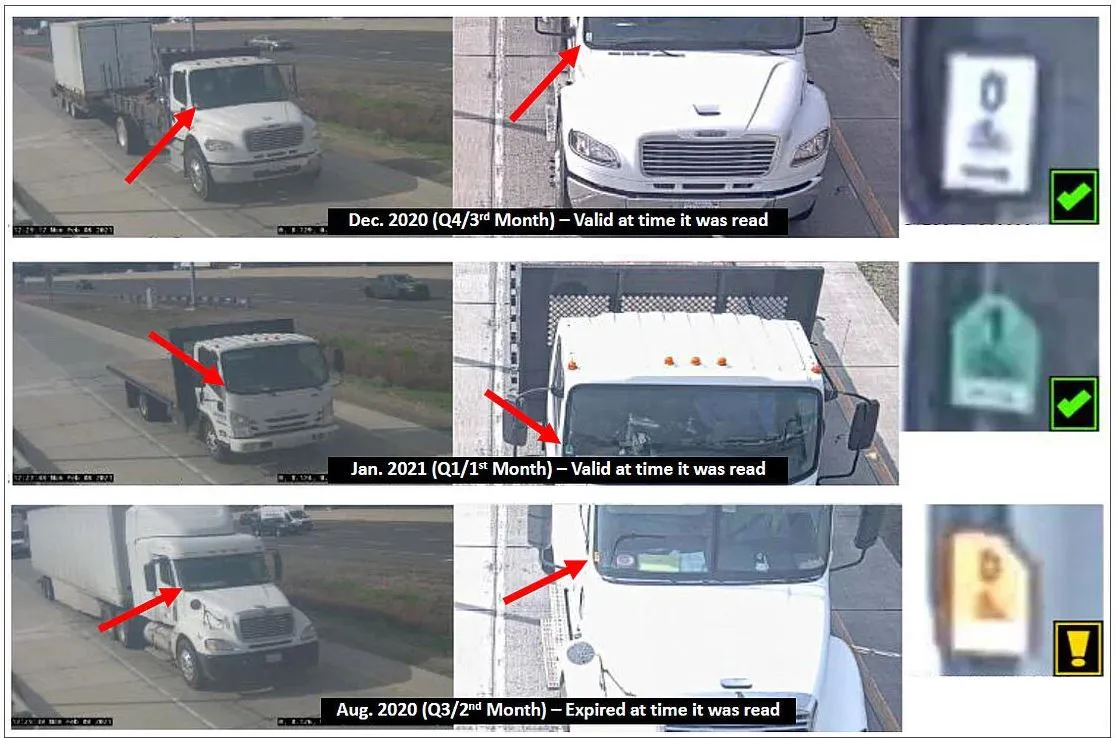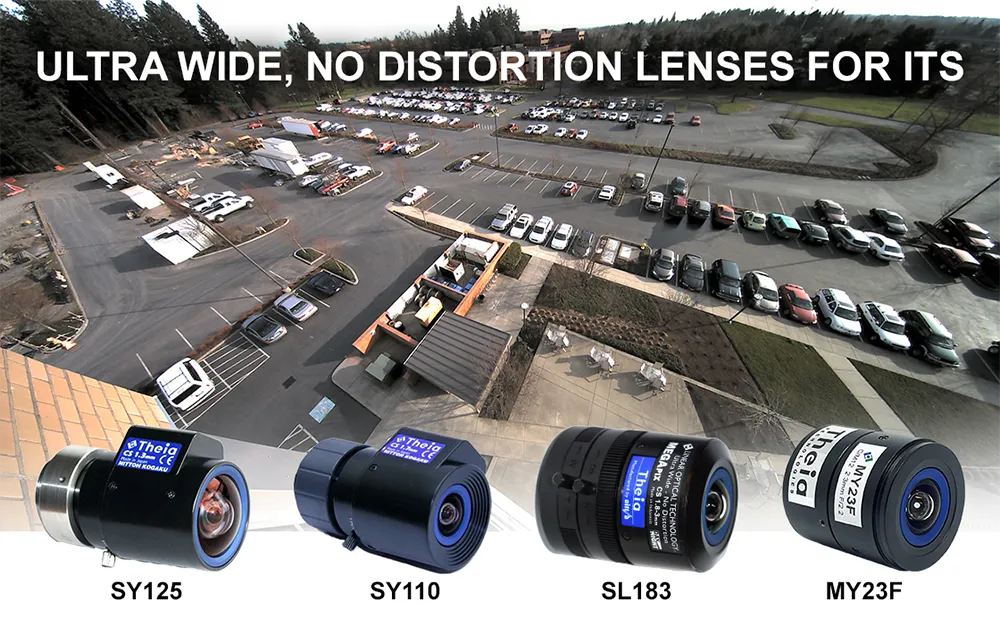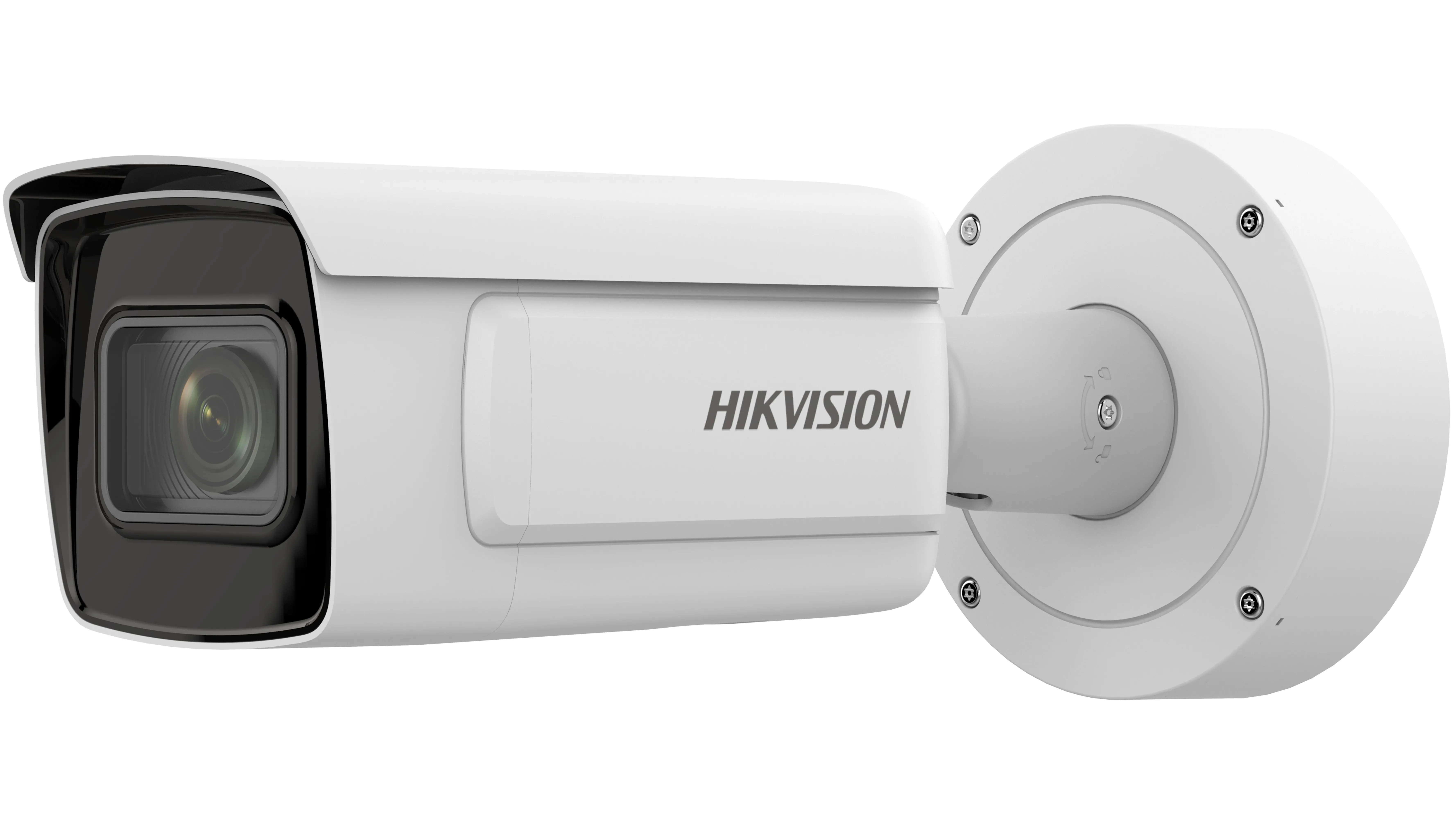
International Road Dynamics (IRD), a Quarterhill company, has announced the launch of a new CVSA decal reader system that utilises artificial intelligence (AI) and machine vision technology.
AI enables superior read rates of CVSA decals and makes IRD’s CVSA decal reader ideal for automatic pre-screening of commercial vehicles travelling at highway speeds in advance of weigh stations.
Much of the work of inspectors at weigh station facilities involves performing visual inspections, including checking for expired CVSA inspection decals. AI, coupled with machine vision technology, offers the opportunity to automate this task and refine pre-selection in advance of the weigh station.
This ensures that vehicles with expired decals, that may not have been recently inspected, are prioritised for inspection – potentially improving the fairness and effectiveness of commercial vehicle enforcement. Freight transportation efficiency may also improve when recently inspected vehicles are permitted to bypass weigh stations. This technology may also enable safer operations for inspectors.
Many weigh stations are already equipped with machine vision technology to provide images of commercial vehicles matched with Weigh in Motion (WiM) information or for providing images to permit vehicle identification using optical character recognition (OCR) of licence plate or DoT numbers.
There is potential for existing cameras to be augmented with IRD’s CVSA decal reader system at hundreds of pre-screening locations across North America.
“This is a very exciting moment for our industry,” commented Rish Malhotra, IRD’s president and CEO.
“AI-specific processing units coupled with powerful industrial computers are enabling deep neural network and machine vision-based transportation system applications that are creating opportunities for agencies to achieve their road safety goals in a cost-effective manner while enhancing transportation efficiency."
"The CVSA decal reader is IRD’s first commercial product that integrates AI with IRD’s iSINC WiM controllers, and we see tremendous potential for more AI applications in the near future. We believe these will fortify IRD’s leadership position in the commercial vehicle enforcement market.”
The technology was developed in cooperation with the University of Saskatchewan’s Computer Engineering Research Lab and with assistance from Mitacs, a non-profit national Canadian research organisation that supports industrial and social innovation.
Sponsored content produced in association with International Road Dynamics









